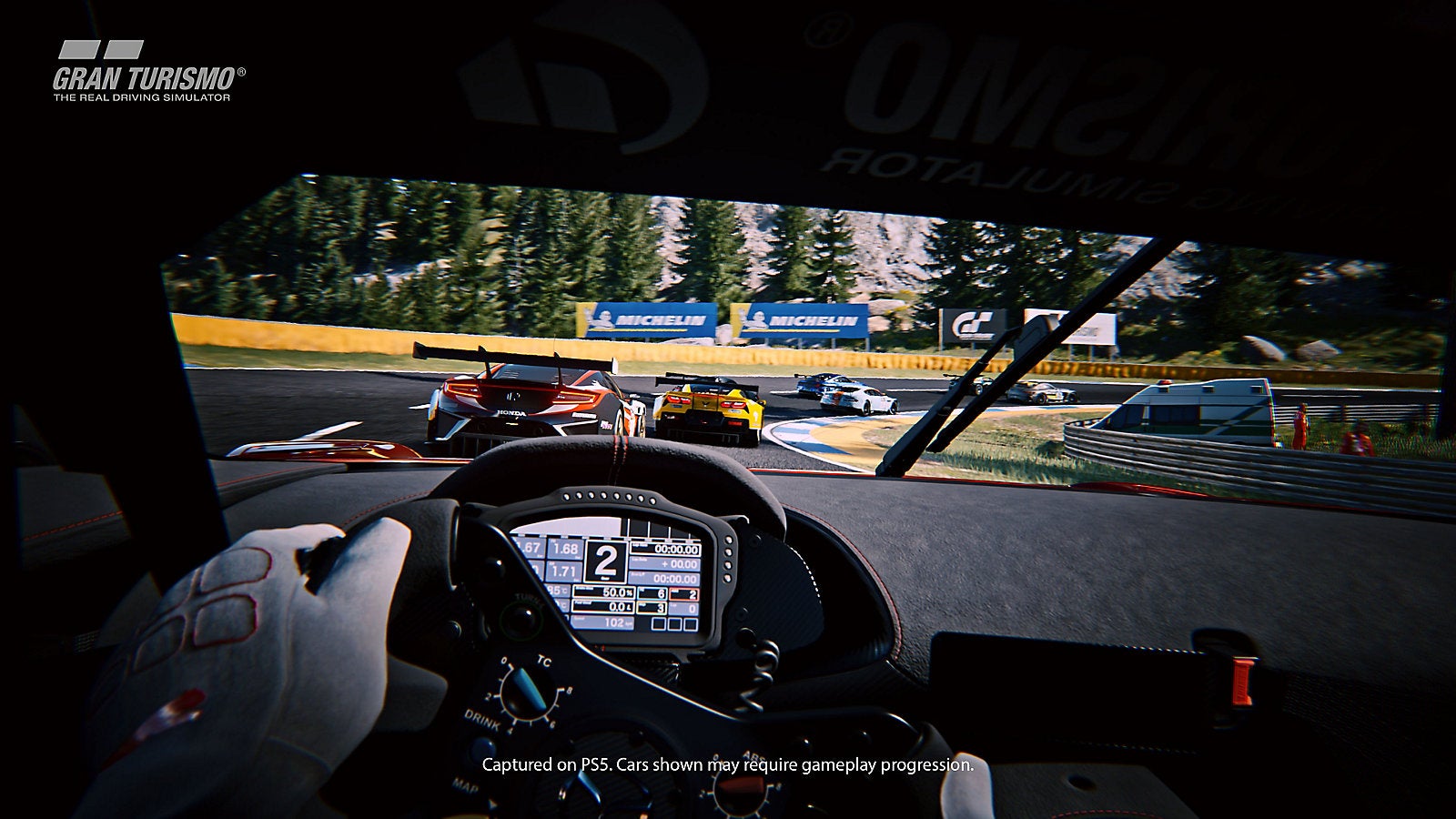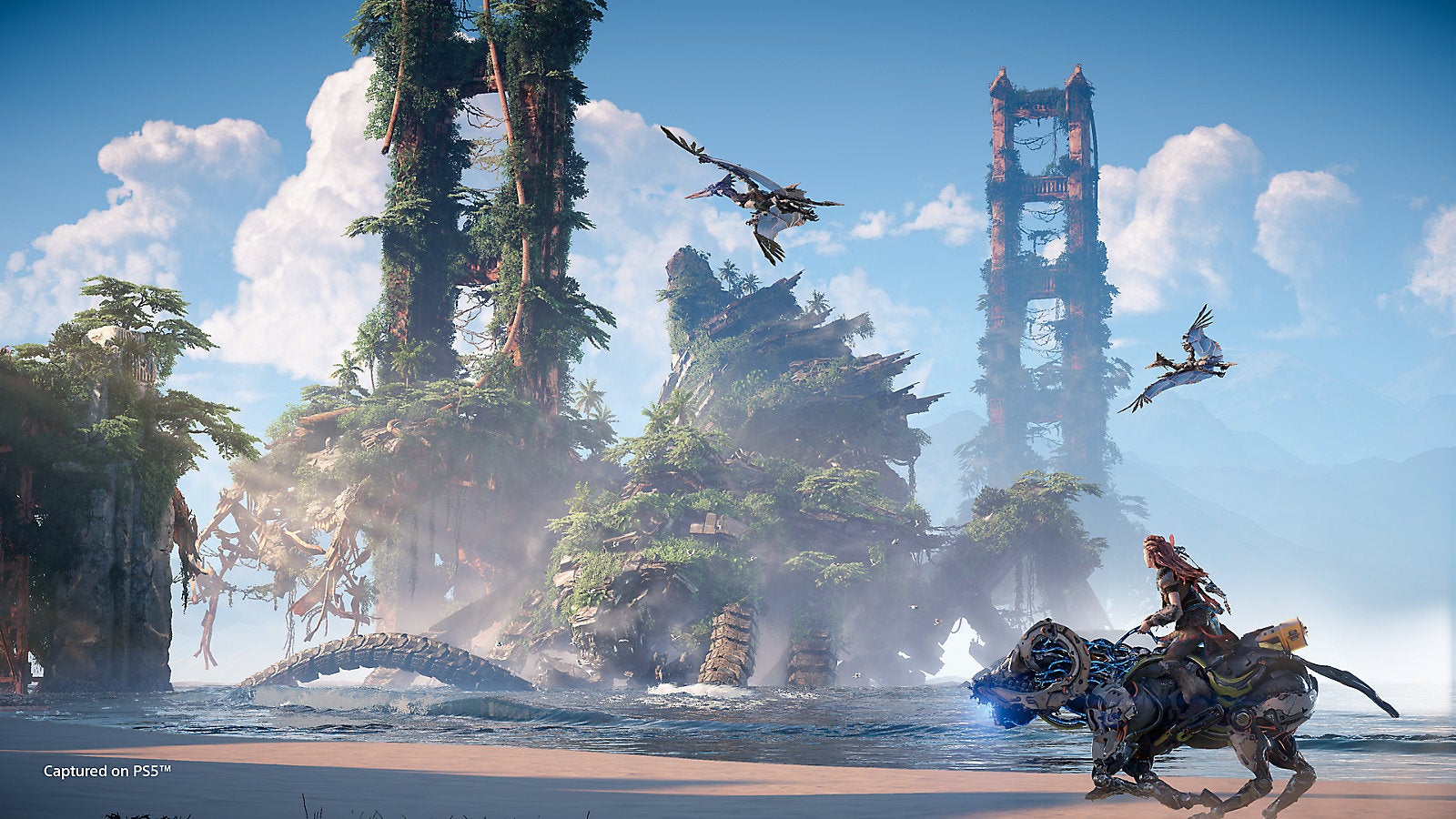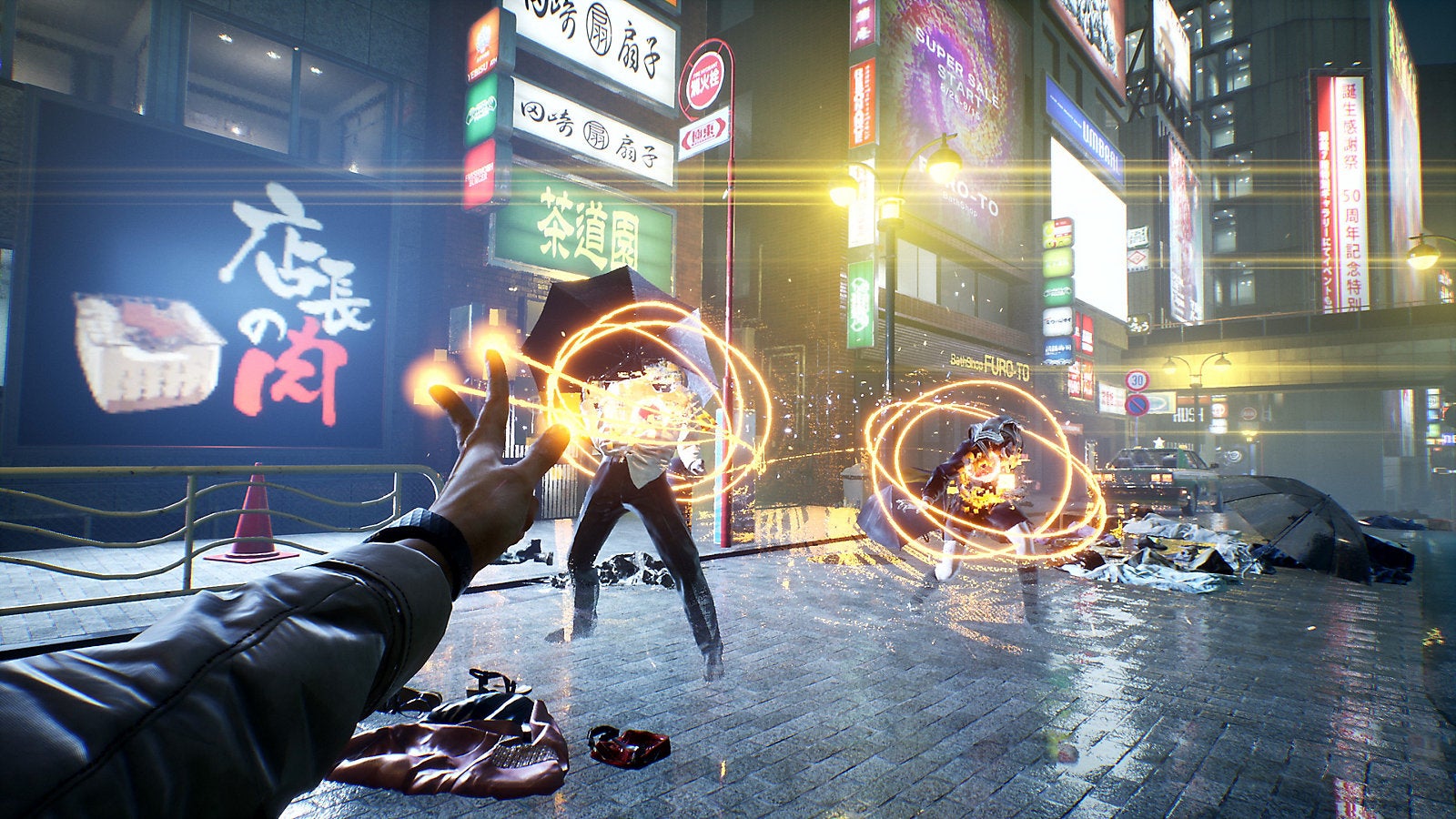Xbox Series X and S sold well too, though, and Microsoft can point to several strategic initiatives to show that it is playing a long game: its cloud gaming platform, its mass-market play with Series S, its Game Pass subscription service and its recent studio acquisition spree, culminating in the purchase of Bethesda. The acquisitions won’t see full fruit for a couple of years yet, but Microsoft can afford to bide its time and watch these plays gather momentum. Sony, by contrast, needs to hit the ground running and push hard to sell, sell, sell PS5s while selling games consoles is still a thing. It really only has one strategy for this: exclusive games. Fortunately for Sony, this is the best strategy, proven time and again over the years, not least by Nintendo. And it is a strategy Sony is enviably well equipped for, having spent a quarter-century building a network of talented first-party studios and publishing eye-catching marquee games to critical acclaim. This is how come the company was ready for PS5 launch - in terms of quality, if not quantity - with cross-gen crowd-pleaser Spider-Man: Miles Morales, brilliant freebie Astro’s Playroom and PS5-exclusive fan-bait Demon’s Souls. It looked a little thin on paper but in the real world, at the end of a pandemic year, it was a mighty impressive showing. Worldwide Studios, the production group led by former Guerrilla boss Hermen Hulst, is pledging to keep up the pace. There are no less than four major releases in fan-favourite PlayStation franchises scheduled for 2021. Ratchet & Clank: Rift Apart, from recently acquired Spider-Man dev Insomniac, is due in the first half of the year; it might be our strongest indication yet of the new experiences these consoles can offer, with PS5’s fast loading enabling instant, seamless transitions between the game’s colourful and bustling worlds. Issuing from deep within Insomniac’s comfort zone, it should be an uncomplicated blast, too. Gran Turismo 7 seems to have drifted from a first-half release window to just ‘2021’, which might set alarm bells ringing - Polyphony Digital’s record of delivering its totemic racing series on time is less than stellar. But the game is understood to be pretty far along, reaping the benefits of Gran Turismo Sport’s all-new, next-gen-ready technology base and progressive approach to building a content library. Essentially, Polyphony half-skipped a generation to make sure it would be ready to grace PS5 with the kind of weighty release PlayStation fans associate with the series. (Incredibly, it looks likely Polyphony will beat its formerly much more prolific rival Turn 10 to market. Both studios released their last games in late 2017, but Forza Motorsport’s reboot is seemingly still some way off.) In the second half of the year we are due sequels to two of Sony’s biggest and most beloved hits of the PS4 era. Open-world action-adventure Horizon: Forbidden West from Guerrilla - doubtless a graphically lush and sprawling game, even though it will grace PS4 as well as PS5 - has been pinned to the second half of the year. And God of War: Ragnarok, about which next to nothing is known beyond its unsurprising existence, also has a 2021 date. If any of these games slip into next year, it will be God of War. Nevertheless, as a publishing schedule it remains a powerful statement of intent - the definition of bringing out the big guns. Horizon, Gran Turismo and God of War are all potential 10-million-sellers and they will all sell consoles by the truckload - although it’s worth restating that, of these games, only GT7 and Ratchet & Clank are guaranteed PS5 exclusives. (Sony’s commitment to generational shift has, it seems, melted slightly in the face of the sales potential represented by PS4’s titanic install base.) There is more. In March, we get Returnal, a Sony-published sci-fi shooter from Finland’s Housemarque. PS5 players can also expect two very alluring timed console exclusives from the unlikeliest source - Microsoft-owned Bethesda. Arkane’s assassination Groundhog Day, Deathloop, and the striking paranormal action game Ghostwire: Tokyo from Shinji Mikami’s Tango Gameworks might not be blockbusters, but they both have serious conceptual style. Perhaps the least clear part of the picture is what the major third-parties intend to do. There are precious few AAA releases confirmed for 2021 as it stands, and we don’t yet know when publishers like Ubisoft, EA and Activision will feel comfortable releasing their games exclusively on the new consoles rather than going cross-gen. Of the few games that have been announced, Resident Evil Village and Far Cry 6 stand out, and of course there is the remarkable prospect of Grand Theft Auto 5 extending its unbroken seven-year run into a third hardware generation. But such is Sony’s publishing clout that it barely needs third-parties to get through this year. It has a fantastic slate. If it all comes together in what continues to be an extremely challenging working environment for just about everyone, it will be just the start PlayStation 5 needs. If games sell consoles - and they do - then PS5 is going to have a great year. And it will.


